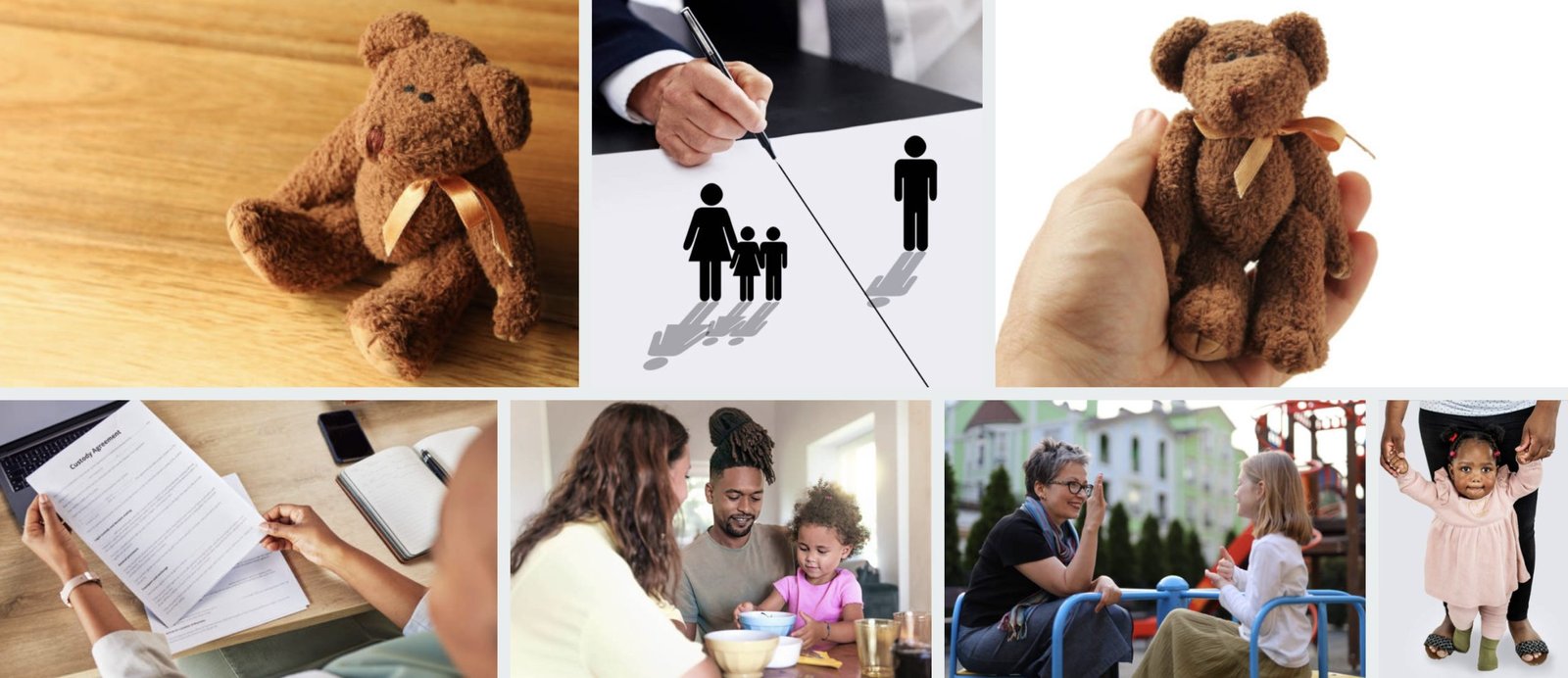New law on child maintenance in South Africa
The legal framework for child maintenance in South Africa has undergone significant changes with new laws coming into effect in 2023. These changes aim to make child maintenance calculations more fair and consistent, ensuring that both parents contribute financially to their children’s needs.
- Changes to Maintenance Calculation: The new law introduces a formula based on the non-custodial parent’s income to determine the amount of child maintenance they must pay. This percentage varies depending on the number of children they are required to support.
- Consideration of Living Arrangements: The new law also takes into account the child’s living arrangements and whether the parents have shared care of the child. In cases of 50:50 shared care, the non-custodial parent might not have to pay any child maintenance if they can prove they are equally involved in the day-to-day care of the child.
- Legal Obligation for Both Parents: In South Africa, both parents are legally obligated to provide financial support for their children. This responsibility is shared equally between the parents, and each has the right to claim on behalf of their children if the other parent falls behind in their obligations.
- Governing Laws: Child maintenance in South Africa is governed by various acts, including the Divorce Act No. 70 of 1979, the Children’s Act No. 38 of 2005, and the Maintenance Act No. 99 of 1998.
- Application for Maintenance: Under South African law, a person can apply for maintenance at any Maintenance Court located within the district where the complainant or child resides. Typically, one parent or the legal guardian of the child brings forth these applications, as children lack the necessary locus standi.
- Maintenance and Access Rights: It’s important to note that a person’s duty to pay maintenance and their right to access their children are two separate matters. Even if one parent fails to provide maintenance, the other parent may not withhold the children as a means to extract the maintenance owed.
- Duration of Support: A parent’s duty to support their child does not end when the child reaches a particular age but extinguishes once the child becomes self-supporting. This includes situations where the child may still need support despite working, for example, if they are mentally or physically challenged.
These changes represent a significant step towards ensuring that child maintenance laws in South Africa are more aligned with the needs of children and families, providing a fairer and more practical approach to determining parental financial responsibilities.
Get A Lawyer to Help you with Child Maintenance Matters
Consequences of not paying child maintenance in South Africa under the new law
Let’s elaborate on the consequences of not paying child maintenance in South Africa under the new law, and present them in a list format:
- Legal Proceedings: If a parent fails to pay child maintenance, the other parent or guardian can initiate legal proceedings. This involves going to a maintenance court to enforce the maintenance order.
- Garnishee Orders: The court may issue a garnishee order. This means a part of the defaulting parent’s income is directly deducted by their employer and sent to the custodial parent to cover the maintenance payments.
- Contempt of Court Charges: Non-compliance with maintenance orders can lead to contempt of court charges. This is a serious legal issue where the defaulting parent is accused of disobeying a court order.
- Fines: Depending on the severity of the case, the court may impose fines on the parent who fails to pay the required maintenance.
- Imprisonment: In extreme cases, if the court finds that the non-payment is willful and flagrant, the defaulting parent could face imprisonment.
- Credit Impact: Consistent failure to pay child maintenance can potentially impact the defaulting parent’s credit rating, affecting their ability to obtain loans or credit in the future.
- Property Seizure: The court may also order the seizure and sale of the defaulter’s property to cover the unpaid maintenance.
- Passport and Travel Restrictions: The court might impose travel restrictions, including the confiscation of passports, to prevent defaulting parents from leaving the country without fulfilling their maintenance obligations.
These measures underscore the seriousness with which the South African legal system treats the obligation of child maintenance, emphasizing the importance of both parents contributing to the welfare of their children.
Did You See These?
- How to apply for spousal maintenance in South Africa
- How long do you pay spousal support in South Africa?
- At what age does a father stop paying maintenance in South Africa?
- How can I reduce my child maintenance payment in South Africa?
- How much child maintenance should I pay for 1 child in South Africa?
- Does child maintenance increase yearly in SA?
- Why would a mother not get custody in SA?
- What is the definition of an unstable parent according to SA Law?
Disclaimer
The content presented on this website was originally created by the team at Legal Advice. All information related to legal firms and legal matters is based on "User Submitted Data", and or publicly accessible data available from more than one online sources. Should you have any concerns or disputes about the information provided, please feel free to reach out to us at hello@legaladvice.org.za.

